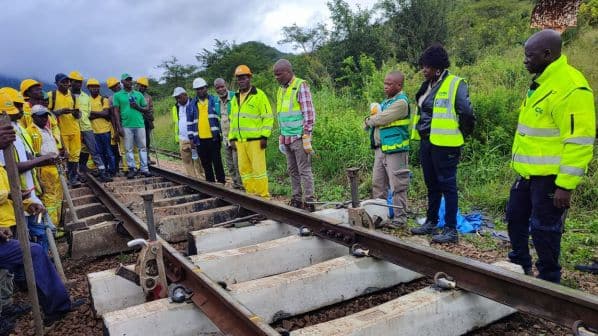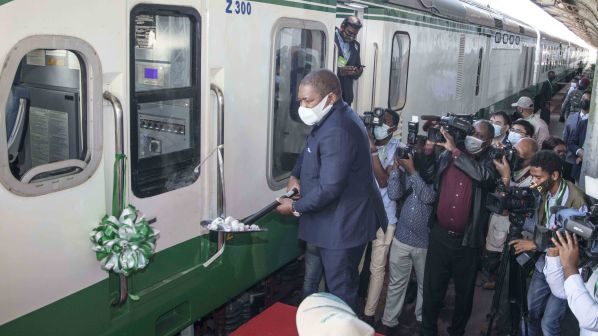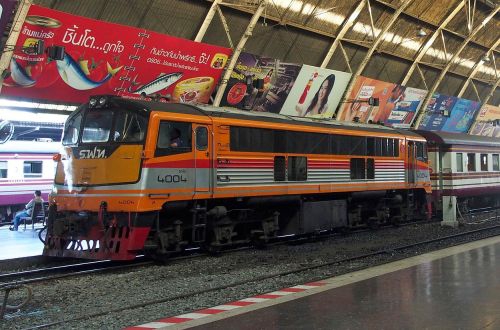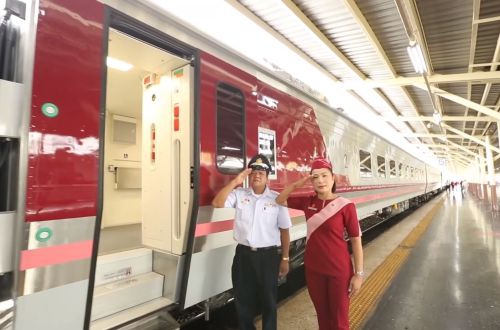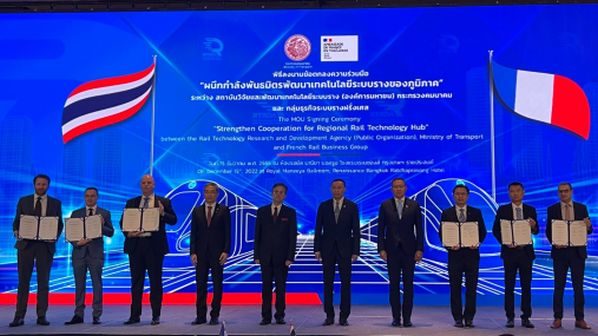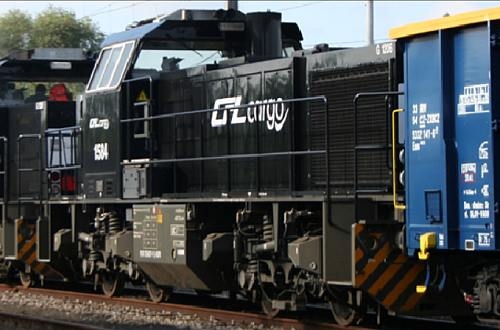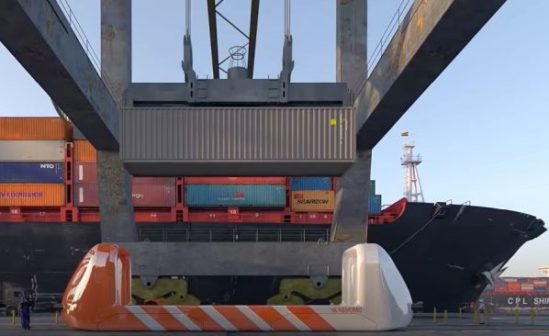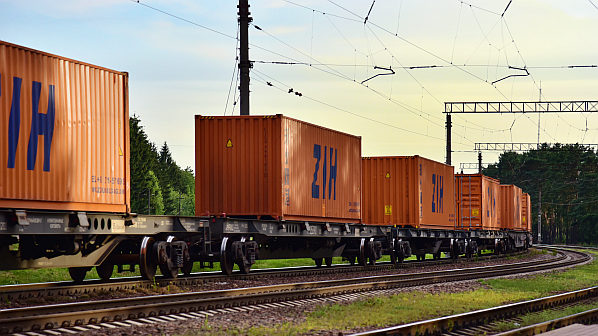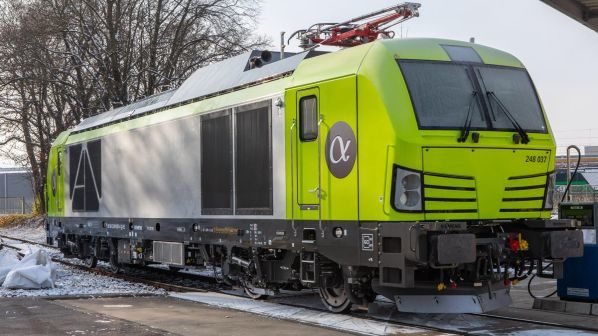MOZAMBIQUE: New concrete sleepers have been successfully laid over a 289km section of the 318km Machipanda main line between the port of Beira and Machipanda, near the country’s border with Zimbabwe, as part of a major rehabilitation project. Other work includes replacing the rails, ballast and sub-grade as well as welding of rail joints. The $US 200m project began in 2020 with the aim of upgrading the line to carry 300 million tonnes of freight per year, providing an economic boost for the central region and Zimbabwe. Starting at sea level, the steeply graded and sharply curving line reaches an altitude of 663m at Gondola before descending to 300m near the Zimbabwe border.
Thailand: State Railway of Thailand (SRT) says the double-track line between Hua Hin and Prachuap Khiri Khan stations will open next year following the completion of most civil engineering work. Testing is underway to determine journey times and to ensure the safety of shunting movements. The 84km line has been constructed parallel to the old single-track route of the southern main line. The new line has two bridges, 12 stations, one halt and two container yards at Sam Roi Yot and Thung Mamao stations. The upgrade works have included improvements to existing stations to help boost tourism in the area.
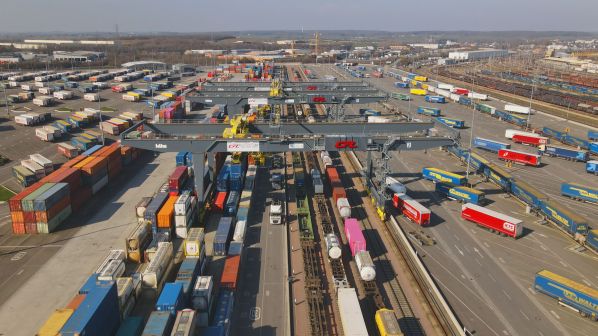
Luxemburg: With support from the European Union (EU), CFL Terminals is investing in upgrades to the Bettembourg-Dudelange intermodal terminal to increase its capacity and efficiency. The upgrade will allow an increase of crane handling capacity at the terminal of over 60%. The plan also entails studies on the deployment of a 5G network at the facility and the digitisation and automation of terminal operations. The EC awarded funding of €2.3m from the CEF programme for the upgrade, which has a €7.7m budget with other funding coming from external financing. Other work includes the deployment of new trans-shipment equipment and innovative ICT solutions, and reducing transport emissions.
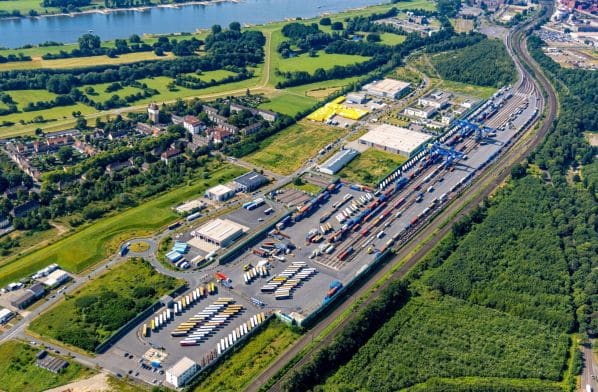
Germany: Subject to approval by the European competition authorities, Samskip, Duisport and TX Logistik will jointly conduct future operations at the 14ha intermodal terminal at Duisburg-Hohenbudberg, which is located in an important industrial zone and on a major European trade route. To operate the terminal the three partners have formed a new joint venture called Ziel Terminal, with Samskip holding 49.8% and Duisport and TX Logistik holding 25.1% each. The terminal will be leased to the joint venture on a long-term basis by Duisport. The terminal has seven 720m-long trans-shipment tracks, two shunting tracks and two high-performance gantry cranes. The annual handling capacity is up to 250,000 units.
Russia: The construction of a new rail bridge over the Amur river between Zhalinda in Russia and Mohe in China has been approved with the aim of providing the largest of the Russian federation’s republics, Sakha, with direct cross-border access to its main export market. The Sakha Republic - also known as Yakutia - has the lowest population density of any province in Russia, along with a severe winter climate, but it is rich in coal, natural gas, timber and iron-ore for which there is a ready market in China. Currently these exports move by sea from ports on Russia’s Pacific coast such as Vladivostok. The Mohe - Dzhalinda line will shorten the journey for Sakha’s export traffic by 2000km and Republic of Sakha Railway is reported to have signed a memorandum of understanding (MoU) with the China Industry Overseas Development Association to carry out the work. Construction of the bridge will increase the capacity of the Eastern Railway to export goods from South Yakutia to up to 10 million tonnes a year, and the absence of trans-shipment in the transport chain will have a positive environmental impact.
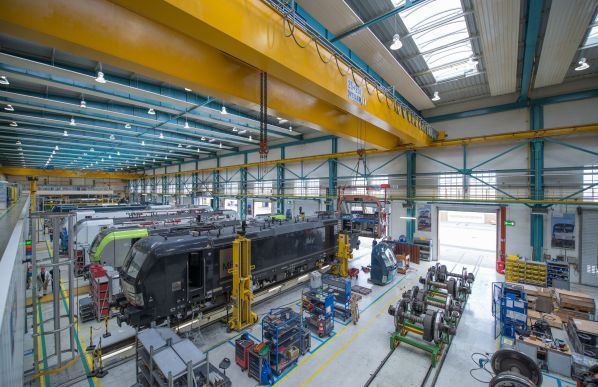
Germany: Siemens Mobility is expanding its manufacturing and services facility at Munich-Allach to meet the growing demand for locomotives and services. The factory will be enlarged to 80,000m2 from its current 50,000m2 to provide additional capacity for processing new orders, optimising production and logistics flows, and to add more office space. The company says the plant is one of the most modern locomotive factories in Europe, using the latest technology such as laser welding robots, augmented reality, and 3D simulation with digital twins. The additional capacity will enable Siemens to increase production and meet growing market demand in Europe by building more than 300 locomotives a year at Allach.
For more data on rail projects around the world, subscribe to IRJ Pro.
